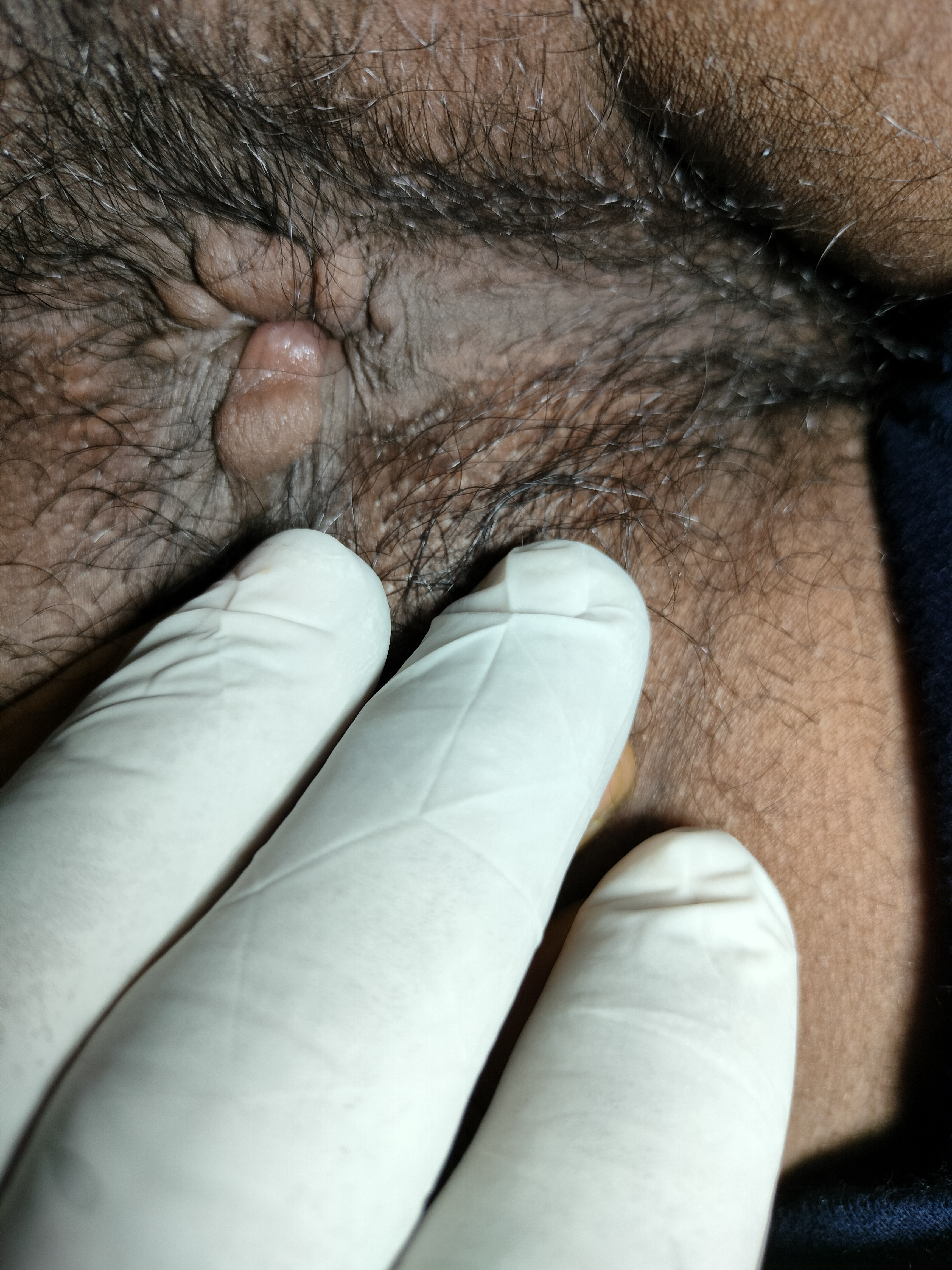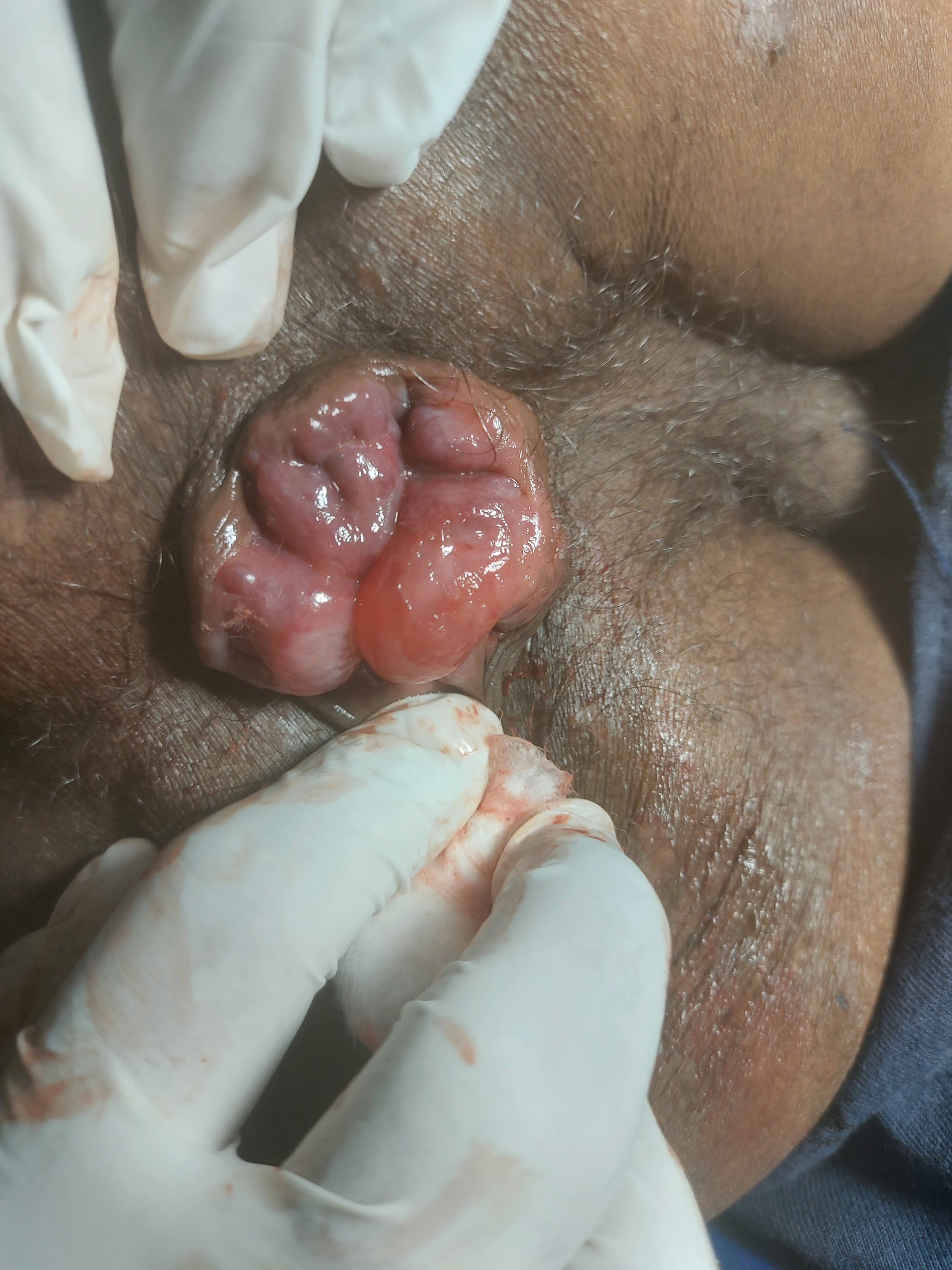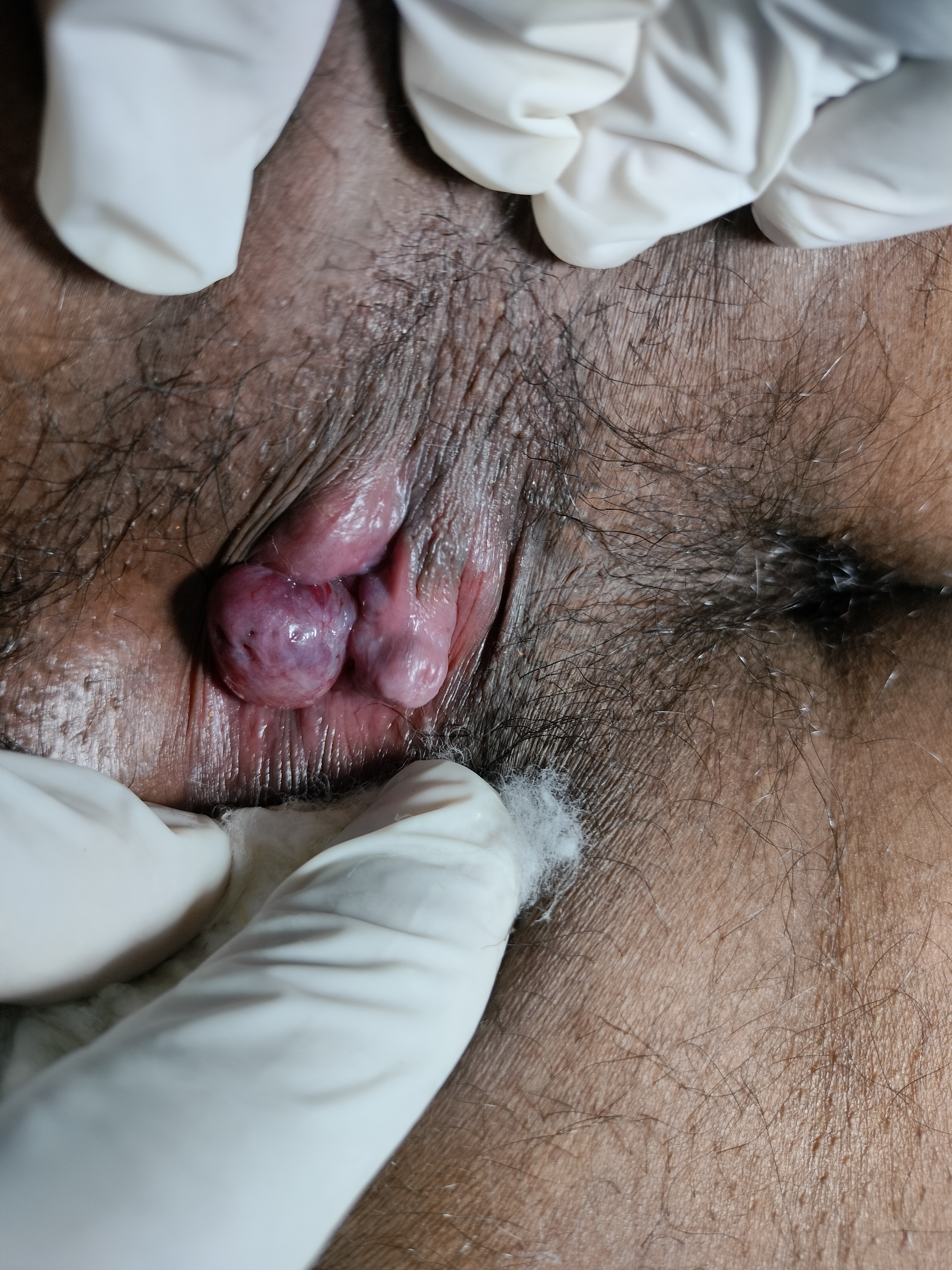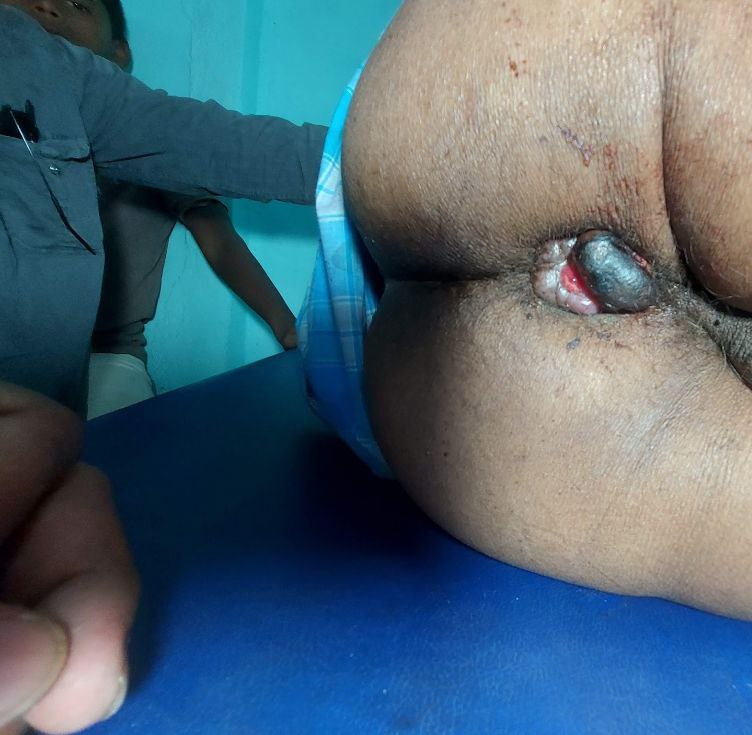KNOW ABOUT PILES:
Hemorrhoids, also known piles, are swollen veins in your anus and lower rectum, similar to varicose veins. Hemorrhoids can develop inside the rectum (internal hemorrhoids) or under the skin around the anus (external hemorrhoids).
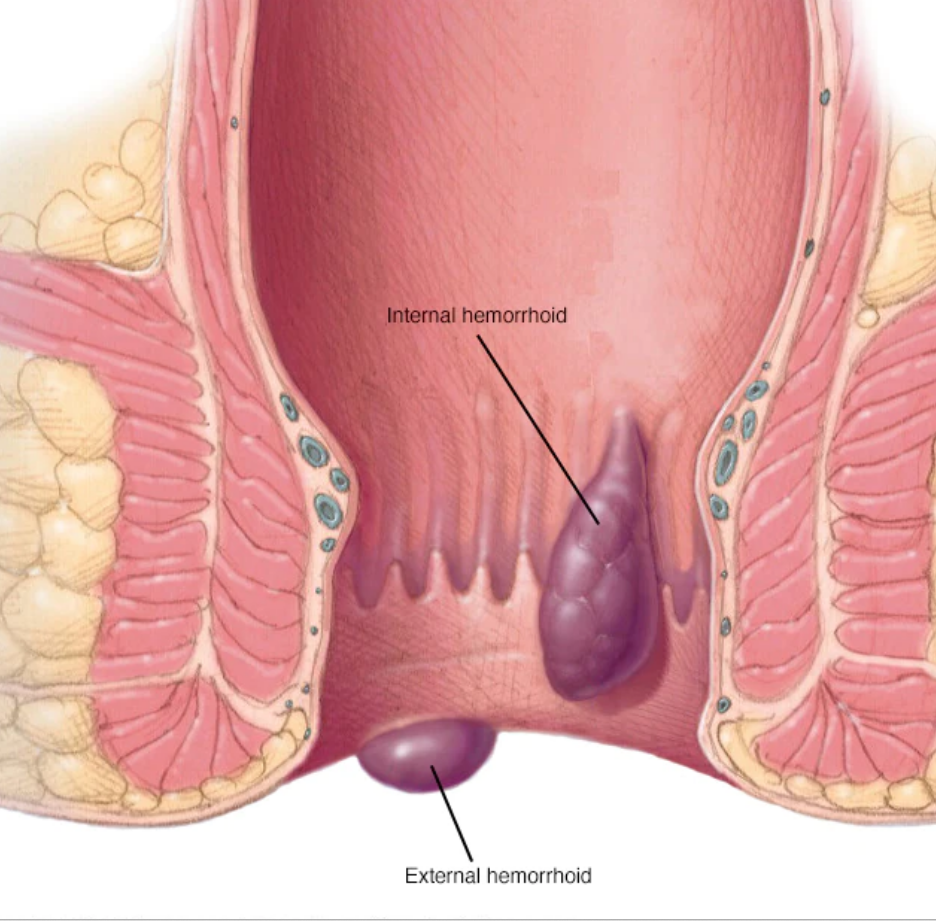
SYMPTOMS :
- Bleeding: Bright red blood after a bowel movement.
- Itching or Irritation: Discomfort around the anal area.
- Pain or Discomfort: Especially during bowel movements or when sitting.
- Prolapse: Hemorrhoids that protrude outside the anus.
- Lumps: A lump near the anus, which may be sensitive or painful.
- Leakage: Unintentional leakage of feces.
DO :
- Increase Fiber Intake:Eat plenty of fruits, vegetables, whole grains, and legumes. Consider taking fiber supplements if necessary.
- Stay Hydrated:Drink at least 8-10 glasses of water daily. Avoid excessive caffeine and alcohol.
- Exercise Regularly:Engage in moderate physical activities like walking, swimming, or yoga. Avoid heavy lifting and strenuous activities that can strain the rectal area.
- Maintain Good Hygiene:Keep the anal area clean and dry. Use moist towelettes or gentle wipes instead of dry toilet paper.
- Use Over-the-Counter Treatments:Apply topical creams or ointments to relieve pain and itching. Use medicated pads or suppositories as recommended by your doctor.
- Use Over-the-Counter Treatments:Apply topical creams or ointments to relieve pain and itching. Use medicated pads or suppositories as recommended by your doctor.
- Avoid Straining During Bowel Movements:Go to the bathroom as soon as you feel the urge. Use a stool to elevate your feet while sitting on the toilet to reduce strain.
- Follow a Healthy Diet:Avoid processed foods, spicy foods, and low-fiber foods. Include high-fiber foods like oats, barley, and broccoli in your diet.
- Practice Stress Management:Engage in relaxation techniques like deep breathing, meditation, or gentle yoga. Ensure you get enough sleep and rest.
- Consult Your Doctor:Schedule regular check-ups with your healthcare provider. Discuss any persistent or severe symptoms with your doctor.
- Follow Post-Treatment Care:Adhere to any post-treatment instructions if you undergo medical procedures. Continue with preventive measures to avoid recurrence.
DON'T :
- Avoid Straining During Bowel Movements:Do not force or strain during bowel movements as it can worsen piles.
- Do Not Sit for Long Periods:Avoid sitting for extended periods, especially on hard surfaces.
- Avoid Heavy Lifting:Refrain from lifting heavy objects as it can increase pressure on the rectal veins.
- Do Not Ignore the Urge to Go:Do not delay bowel movements. Ignoring the urge can lead to harder stools and straining.
- Avoid Low-Fiber Foods:Stay away from low-fiber foods like white bread, pastries, and processed foods.
- Limit Caffeine and Alcohol:Reduce intake of caffeinated drinks and alcohol as they can cause dehydration and constipation.
- Avoid Spicy Foods:Spicy foods can irritate the digestive system and exacerbate symptoms.
- Do Not Use Dry Toilet Paper:Avoid using dry toilet paper. Instead, use moist towelettes or gentle wipes.
- Avoid Prolonged Standing:Standing for long periods can also increase pressure on the veins.
WHAT CAUSES PILES?
Piles are swollen blood vessels. It can causes due to :
- Straining During Bowel Movements:Excessive straining can put pressure on the veins in the rectum and anus, leading to piles.
- Chronic Constipation or Diarrhea:Both conditions can cause prolonged straining and irritation, contributing to the development of piles.
- Prolonged Sitting:Sitting for long periods, especially on the toilet, can increase pressure on the rectal veins.
- Pregnancy:The increased pressure on the pelvic veins during pregnancy can lead to piles.
- Obesity:Excess body weight can put additional pressure on the rectal veins.
- Low-Fiber Diet:A diet low in fiber can lead to hard stools and straining during bowel movements.
- Heavy Lifting:Regularly lifting heavy objects can increase abdominal pressure and strain the rectal veins.
- Aging:As people age, the tissues supporting the veins in the rectum and anus can weaken and stretch.
- Anal Intercourse:This can cause irritation and pressure on the rectal veins.
- Family History:Genetics can play a role, making some individuals more prone to developing piles.
